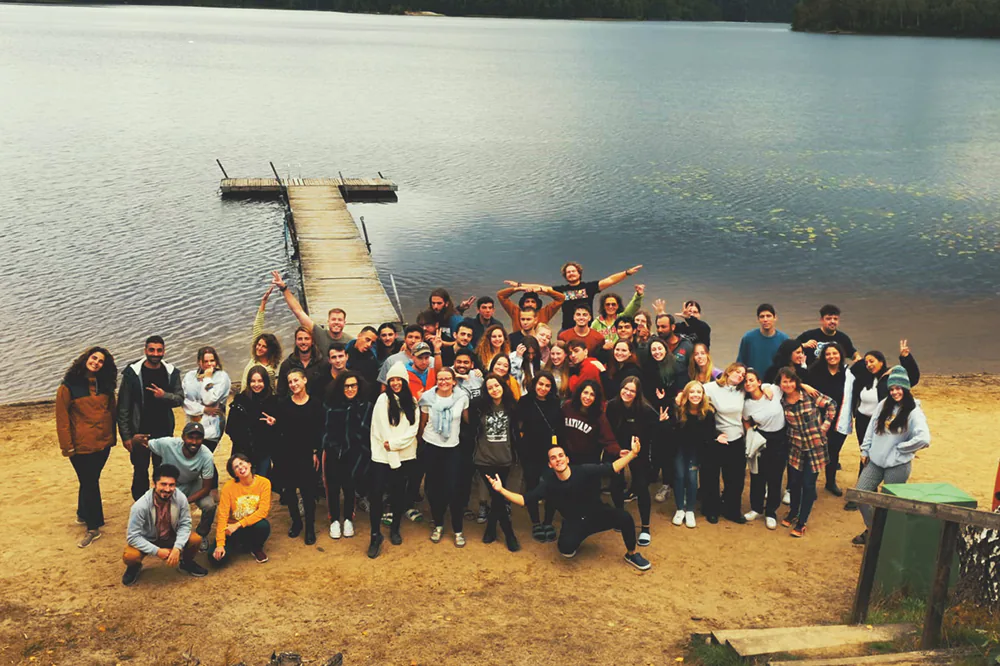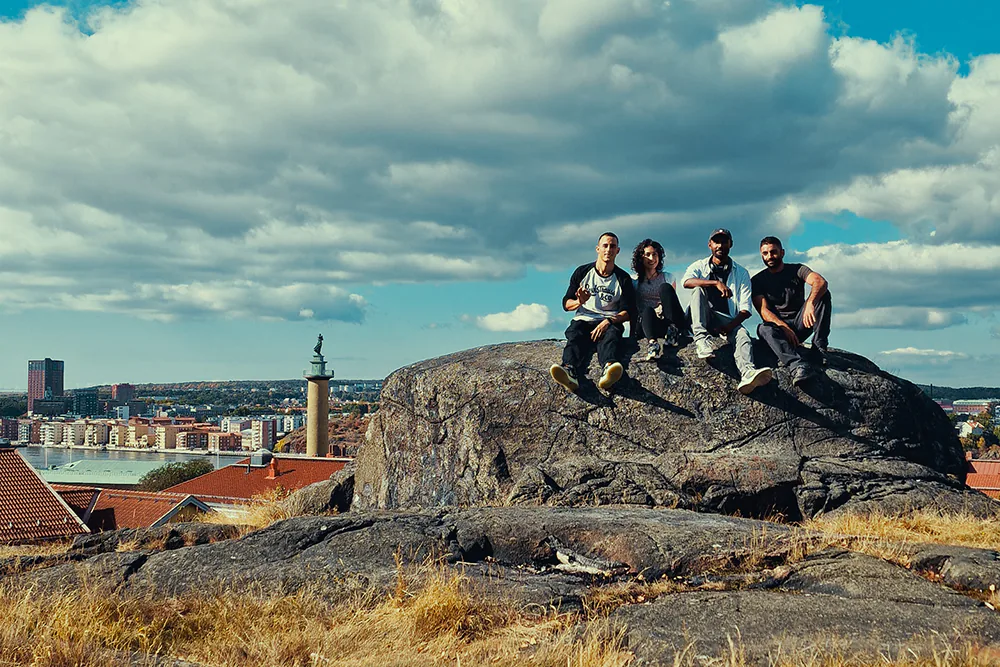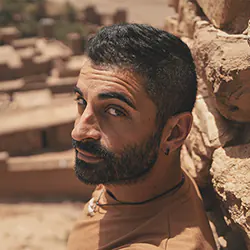Erasmus + are projects financed by Europe that have the dual purpose of training young people (but not only) on different subjects that touch public sensitivity and, at the same time, to create, in the new generations, that community who finally recognize itself as European. These projects are usually completely free of charge (with travel expenses reimbursed) for those who apply and are selected in different states belonging to the EU, to go to a host country, the country where the activities will take place, in a context of constant intercultural exchange.
Who is it for?
Erasmus + projects are usually aimed at young participants under the age of 30. However, the group leaders can be of any age and take part in the activities in the same way as the participants. In addition, there are projects without age limits, training courses aimed at "youth workers".
My experience in Sweden
My personal experience with Erasmus+ starts when I get in touch with the ngo VulcanicaMente Lecce association that, from its social profiles, sponsors the “Burnout Lab”, a porject of a Swedish partner ngo: Well-Being Lab . The Burnout Lab takes place in Sweden, in a beautiful location on Lake Uspen, the Friluftsanläggningen Bockaberg. Therefore, I apply as a group leader for the Italian participants and immerse myself in a week made of nature, many activities and, above all, a lot of social life.

The Burnout Lab
Burnout is the topic at the center of the project, a state of excessive stress that can manifest itself in anyone, in any context, although it has been identified, at least initially, in workplaces. But how is it recognized? How does it manifest itself? How can it be avoided? How can it be cured? The workshops and the many activities carried out during the “week on the lake” help to clarify the picture and to give an answer to all these questions.
The activities
Body, mind and spirit are the recipients of the Burnout Lab activities. Therefore, from breathing exercises, aimed at creating a deep connection with the "here and now", we move on to meditations, to activities that involve the body and its movements , to workshops in which groups made up of people of different nationalities, strengthened by their cultural differences, analyze and think of solutions for the problem at the center of the project. The days are lived in an escalation of emotions that culminate in the moment of total openness towards others, in small groups in which trust and confidentiality dominate unchallenged.

Social life
Probably, the most important component of these projects is human interaction. Living in close contact with this freshly met people, for a week and many hours a day, sharing much more than the "simple" activities foreseen by the project, is an experience that, at times, can seem unreal and lead to think that
Real life can't be like that
Still, it's all real. The "little" time available speeds up interactions, leading to skip the useless preambles that we usually adopt in relating to others. The ice is soon broken and, thanks to the splendid location and the intense and profound activities, you find yourself looking around and seeing those you have just met as important people. You laugh, talk, compare, joke and play with people you seem to have known for a lifetime and it seems absurd. What is absurd, however, is that armor that we all wear in our daily lives, that armor that slows down or prevents this kind of relationship from taking place. What is absurd is that thick mask that we all wear that covers our smiles, tears, emotions.
On closer inspection, it is real life that seems absurd ...
For this reason, leaving behind such an experience as something that happened while dreaming would be a great pity. Instead, you can always keep in mind what happened and acknowledge to yourself that, if it happened, it is real and, as such, can repeat itself. You can take small and big lessons and discoveries with you and change your life, from small habits to important points of view. You can, again, go back to your country and take action to encourage that change you have experienced and ensure that what you have discovered and learned is transmitted further. You can make sure that T's tears as he reflected on his way of being a son remain etched in your memory, as well as K's smile when you approached her to talk to her, the light in Z's eyes when you played the guitar to make her sing, K's gratitude when you did something for her and, again, W's escape when, unable to hold back the tears, she went to seek a moment of privacy, the tears of many when N told the story of his difficult childhood and so on, in an endless series of slides that you hope will never fade.
How to join
In light of all the emotions I have told you about and considering the most materialistic (but democratic) factor of the gratuitousness of the experience which, in the end, is also a trip, you may want to participate in one of these exchanges and have direct experience of what you've just read. How, then? Well, to begin with, start following the channels of the associations I mentioned (and linked to) and similar associations, subscribe to the Facebook groups on “Erasmus +” and follow the official channels of the European program (https://erasmus-plus.ec.europa.eu). By doing so, you will be able to stay updated on projects about to start and, once you have intercepted what is right for you, just follow the instructions for the application and submit it.
UPDATE: after this wonderful experience, I decided to participate to other Erasmus projects of which I tell you here (Greece) and here (Germany).
UPDATE: after this wonderful experience, I decided to participate to other Erasmus projects of which I tell you here (Greece) and here (Germany).
We often complain about the lack of possibilities but we manage to turn the other way when one of them passes us. Get involved, get informed and you will see that you may find fewer reasons to complain!
I hope to have inspired you / or and to have removed some doubts. If the article left you something, likes, shares and comments are greatly appreciated. If you want to read other similar contents, subscribe to the NEWSLETTER!


